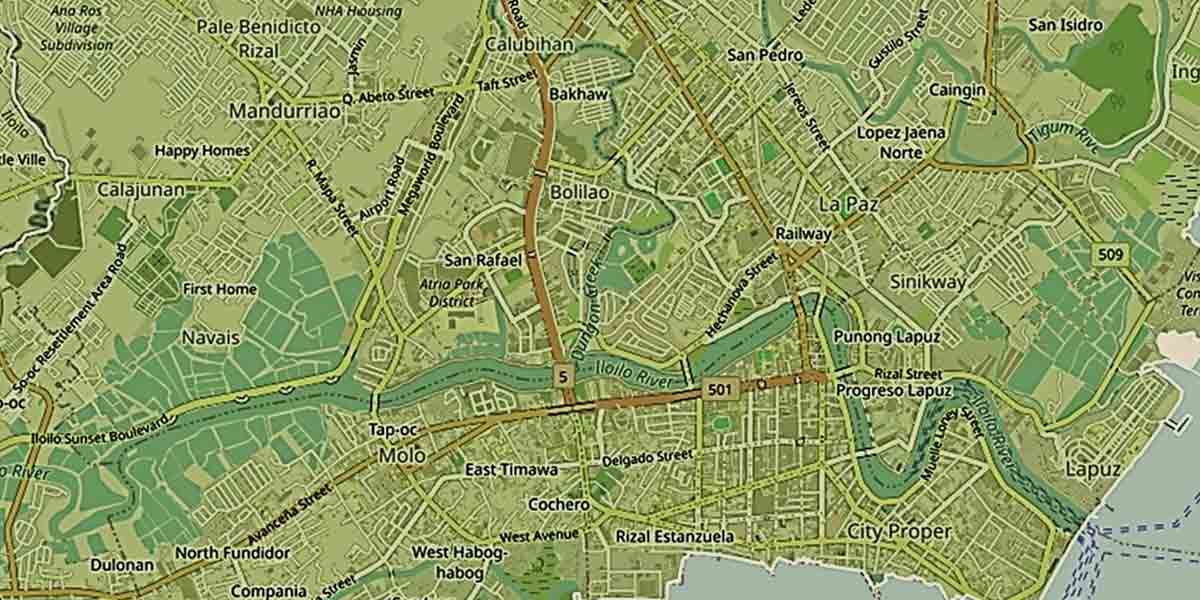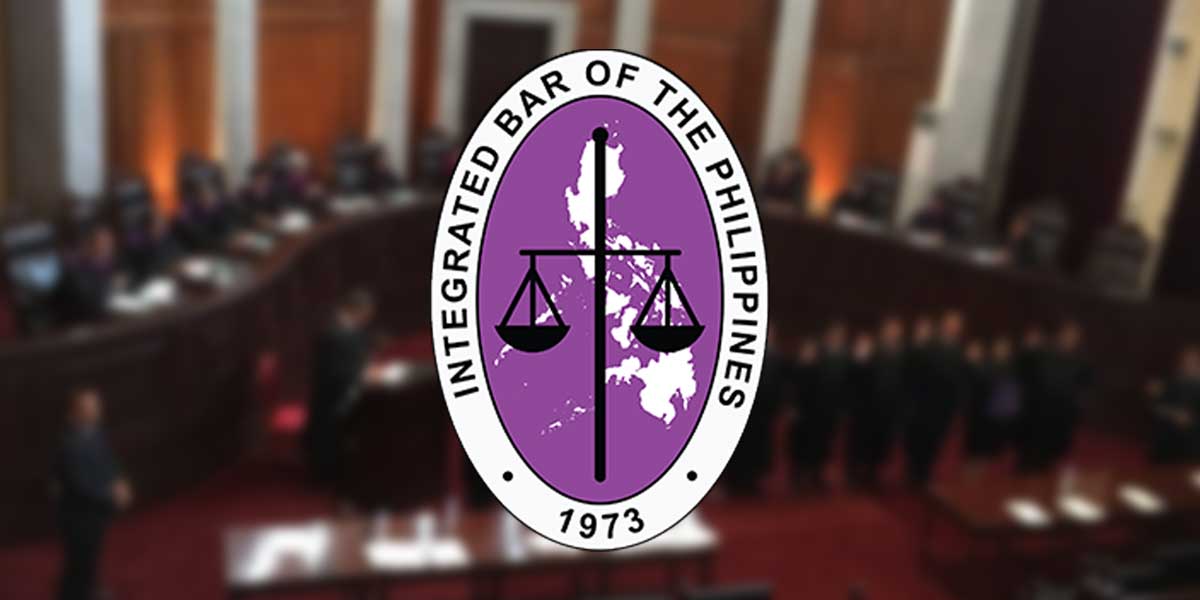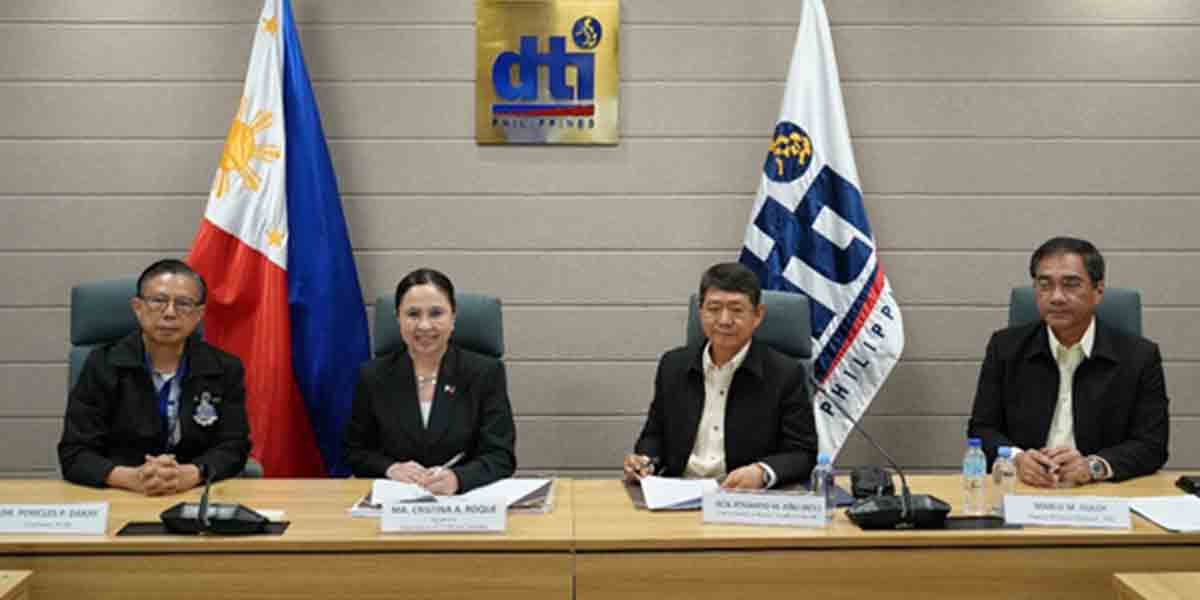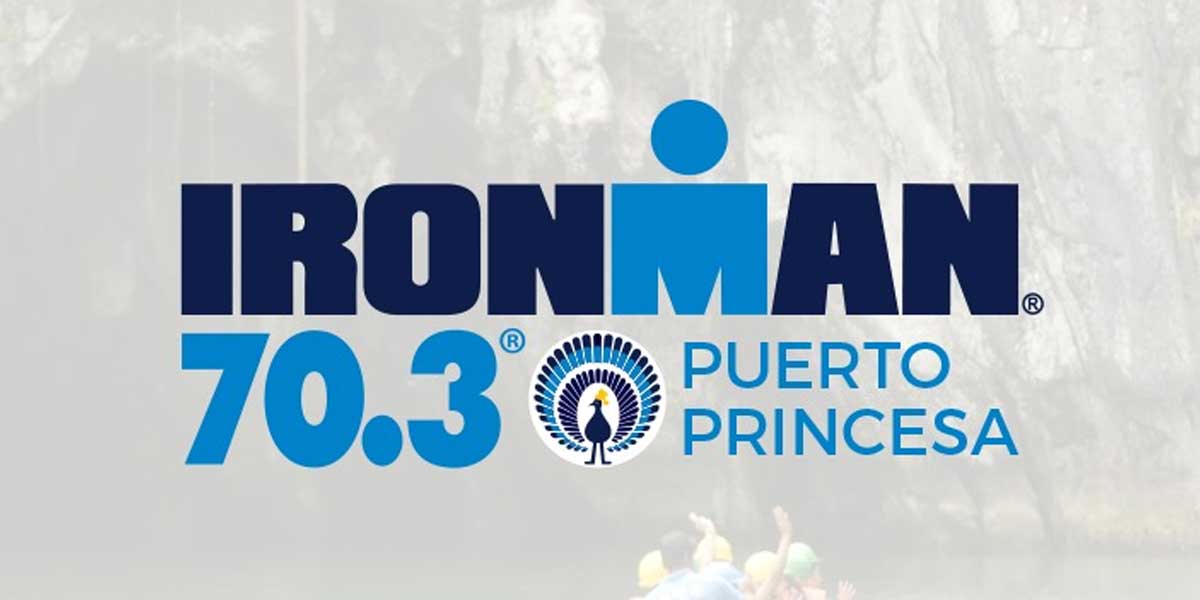
By Dolly Yasa
BACOLOD City – The Exit Planning Team (EPT) here has recommended the implementation of a general community quarantine (GCQ) in the city after May 15, 2020 as part of the response against the coronavirus disease 2019 (COVID-19).
The EPT headed by Councilor Archie Baribar was created by Executive Order No. 34 in preparation for the transition from the enhanced community quarantine to the more relaxed GCQ.
Leonardia said he is set to issue another EO this week containing the recommendation of the EPT.
The mayor also said that the EO will be submitted to the national Inter-Agency Task Force (IATF) against coronavirus for its approval.
The city government extended the implementation of the enhanced community quarantine (ECQ) in Bacolod from April 30 to May 15 to further contain the spread of COVID-19.
Leonardia also said that they do not have plans of extending the ECQ.
Baribar said the committee is ready with its executive plan after the end of the enhanced community quarantine (ECQ) in Bacolod City on May 15.
He said the exit plan will be defined according to Executive Order No. 112 dated April 29 and the proposed omnibus guidelines on the implementation of community quarantine in the Philippines.
Baribar further said that “there will be some changes if we exit from ECQ to GCQ which affects category 1, 2 and 3 workers and transportation.”
He said wearing of mask, observance of social distancing, thermal scanning, basic hand hygiene and curfew will still be enforced.
Baribar said that once the city exits from ECQ, establishments that are allowed to operate at 100 percent capacity are those classified under category 1 – hospitals, dental clinics, retail establishments, food manufacturing and processing plants.
The category also includes establishments engaged in food preparation, water stations, logistic providers/cargo handling, banks, power and water utility firms, garbage services, veterinary services, gas stations, laundry shops, funeral services, construction and other establishments providing services to OFWs and BPOs.
Establishments and offices under category 2 that will be allowed to open at 50 to 100 percent capacity are those engaged in delivery services, rental leasing activities, postal/courier activities, aircon/appliance services and export companies, Baribar said.
Establishments and offices that will be allowed to open at 50 percent capacity are BPO companies, legal and accounting financial companies, non-leisure services, auto and cellphone repair shops, real estate development, non-contact sports establishments, as well as outdoor activities.
Schools, leisure and amusement establishments, tourism establishments except hotels and pension houses used as quarantine centers will remain closed.





















